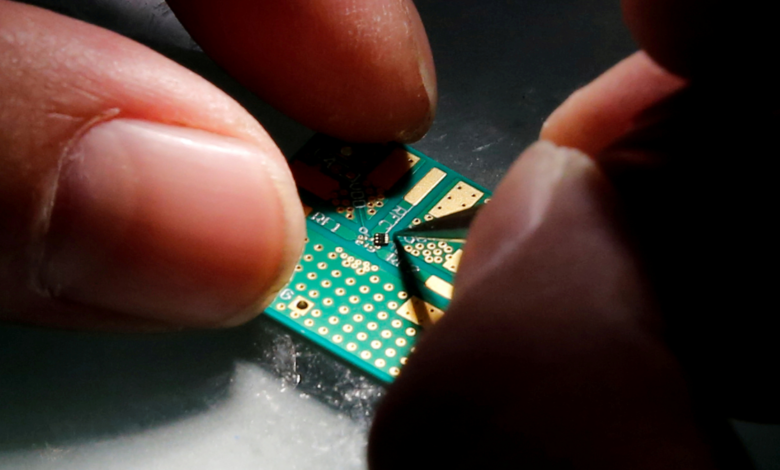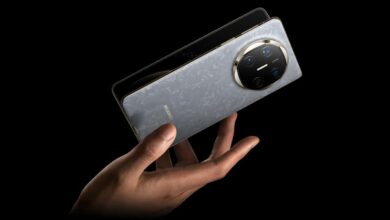Semiconductor organization ESIA calls for EU ‘chip envoy’ and more support

ESIA, Europe’s largest computer chip industry group, on Monday called on the European Union to accelerate aid, draw up a renewed support package “Chips Act 2.0” and appoint an envoy to defend the sector.
The group said in a statement that chip policy under the new European Commission should include fewer export restrictions, focus on areas where European companies already had advantages and provide faster aid.
“A dedicated ‘Chips Envoy’ responsible for overall industrial policy on semiconductors is a necessity,” the report said.
The group, which represents chipmakers Infineon, STMicroelectronics, NXP, leading equipment maker ASML and research institutions imec, Fraunhofer and CEA-Leti, said the bloc should immediately roll out a “Chips Act 2.0”.
The first EU chip law, which came into effect in April 2023, was announced as a €43 billion (approximately Rs 3,84,850 crore) subsidy plan aimed at increasing Europe’s share of the global chip market to 20 percent by 2030.
A recent critical study by German think tank Interface found that Europe may not be on track to meet the target set by the Commission’s industry director, Thierry Breton, and that it has not even captured 15 percent of the global market in the past 40 years. However, the first Chips Act has focused policymakers’ attention on the industry.
Major projects under the first Chips Act include a 10 billion euros (about Rs 89,500 crore) plant that Taiwanese company TSMC started in Dresden last month, and a 30 billion euros (about Rs 2,68,500 crore) project that Intel is planning in Magdeburg, Germany.
But despite Intel’s business problems, the EU has not yet approved support for the Magdeburg project, and construction has been delayed, raising questions about whether it will go ahead at all.
On export policy, ESIA indicated that it recognizes the need to protect technology and ensure security.
However, “a more positive approach to economic security is needed, based on support and incentives, rather than a defensive approach relying on restrictive and protective measures,” the report said.
ASML is no longer allowed to supply the top half of its product range to customers in China. The European Union and the Netherlands are joining the US restrictions aimed at slowing technological and military progress in China.
Prime Minister Dick Schoof said on Friday that his government will weigh ASML’s economic interests when further tightening rules that restrict exports to China.
© Thomson Reuters 2024
(This story has not been edited by NDTV staff and is auto-generated from a syndicated feed.)




